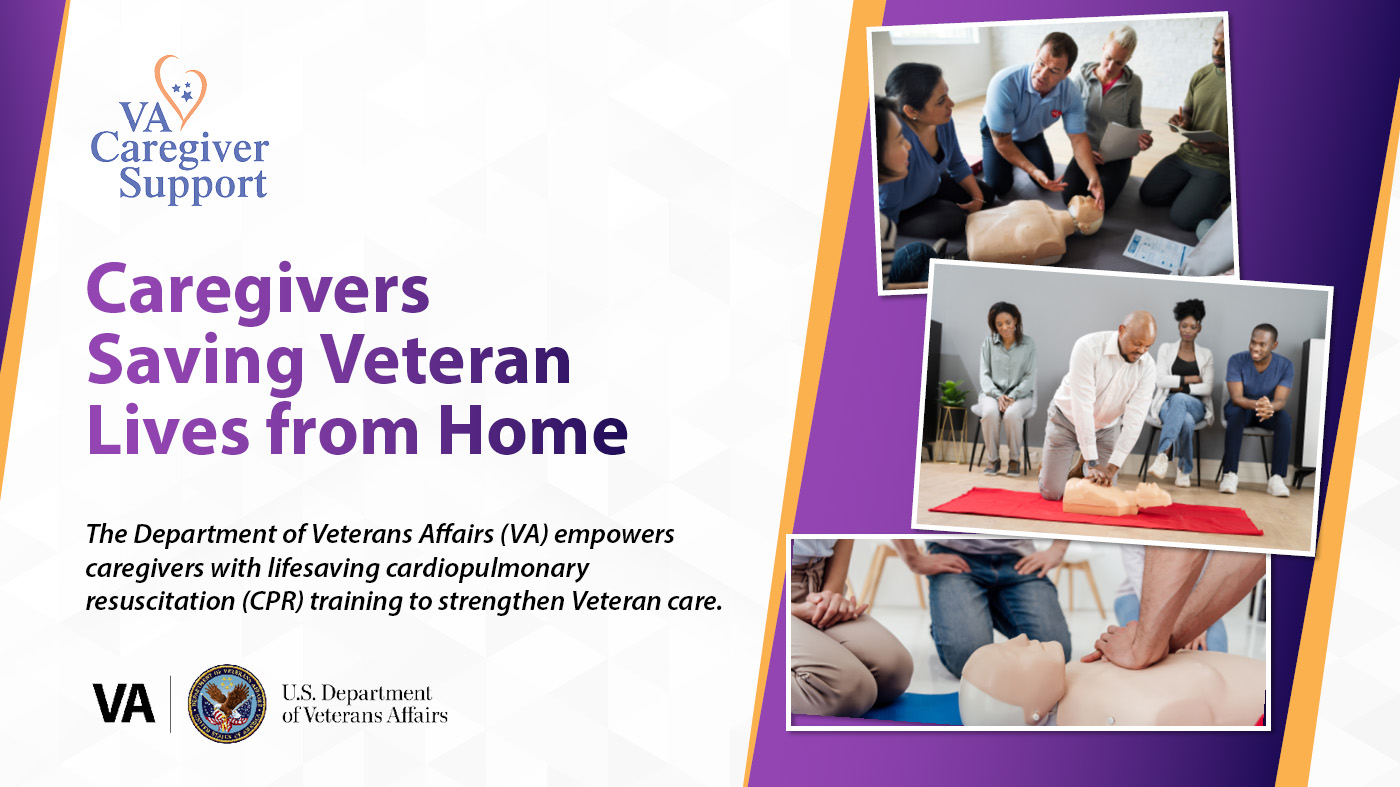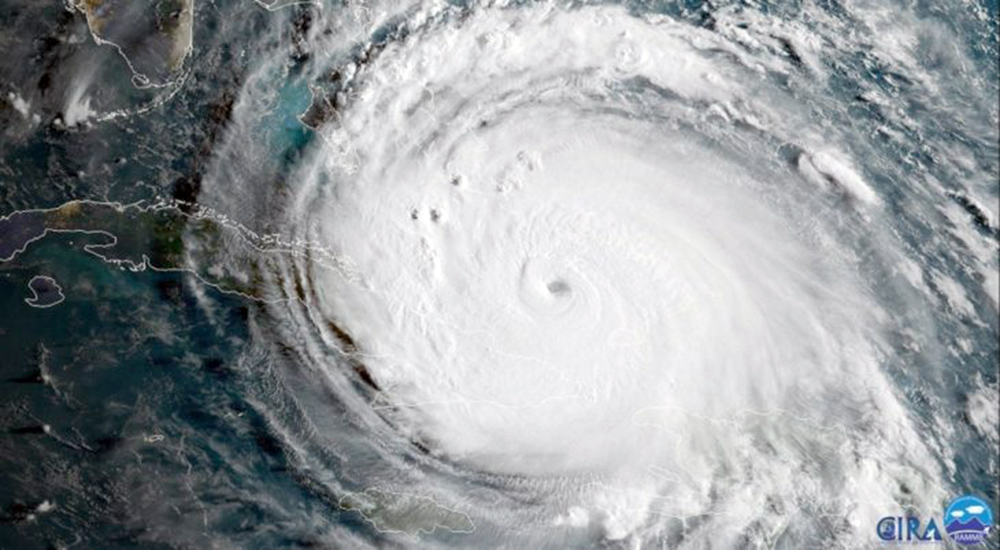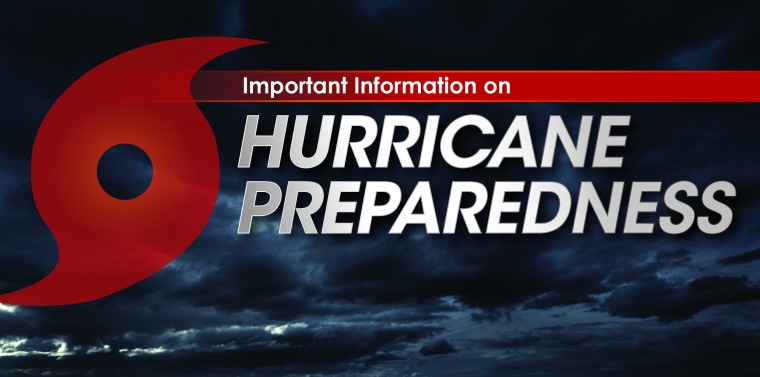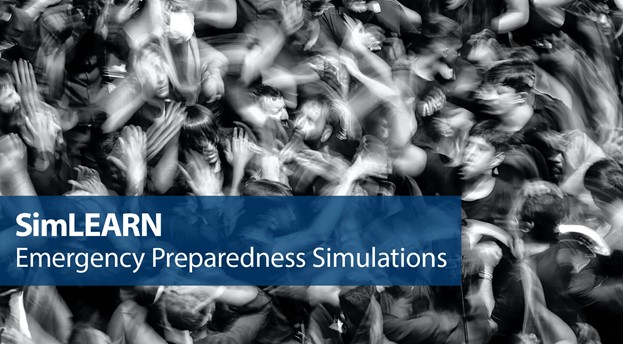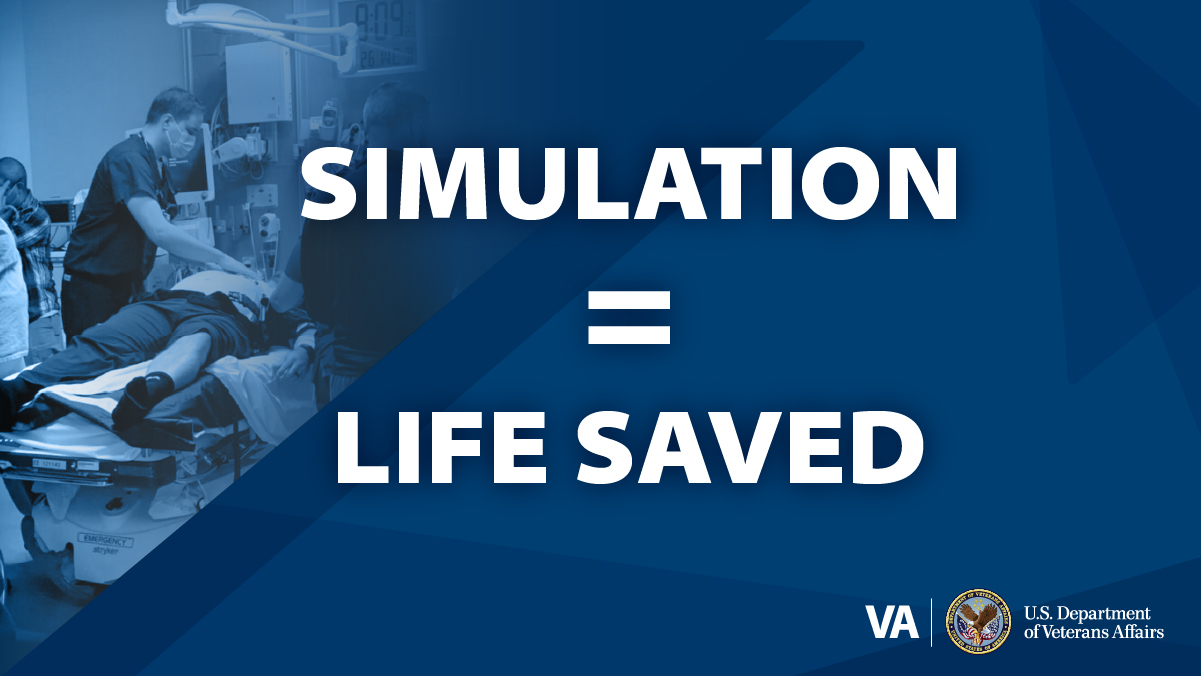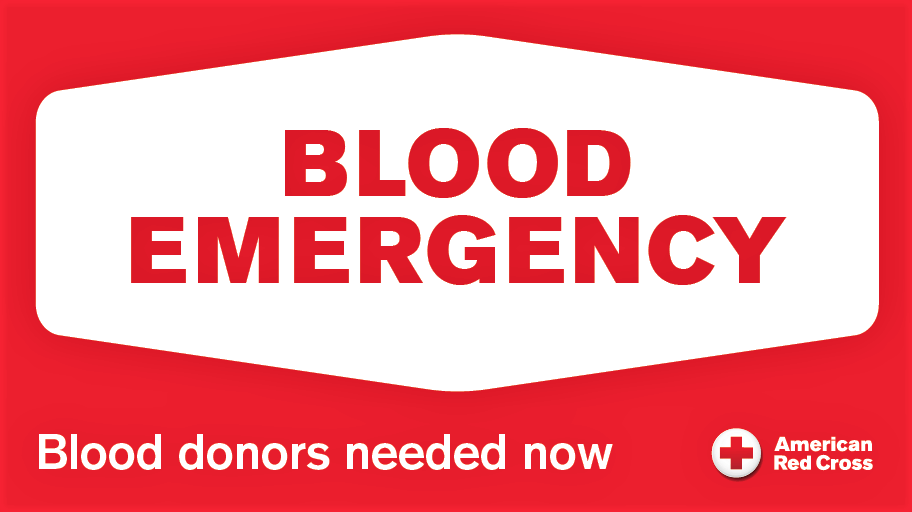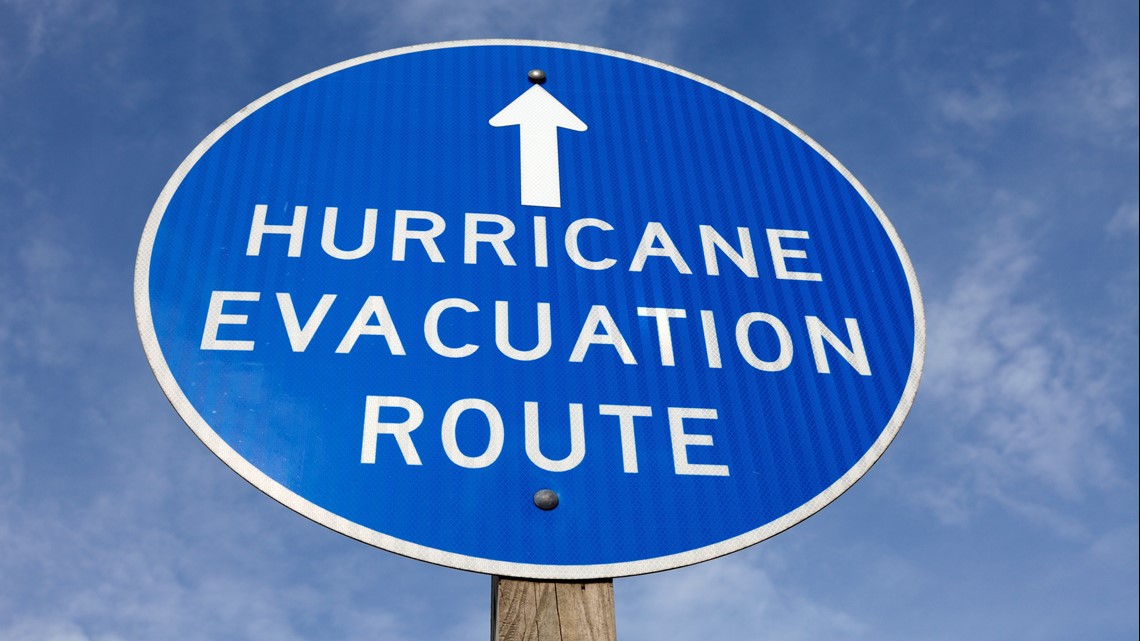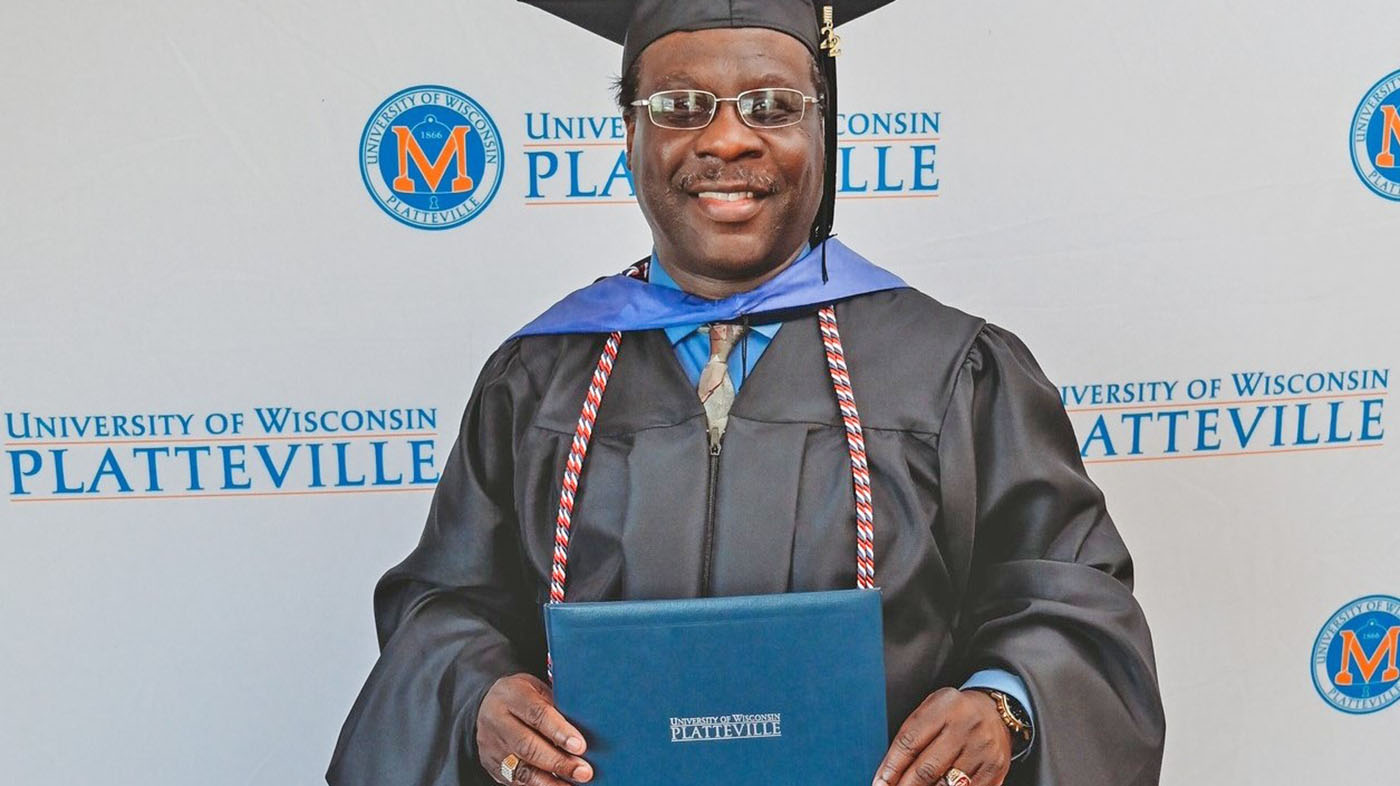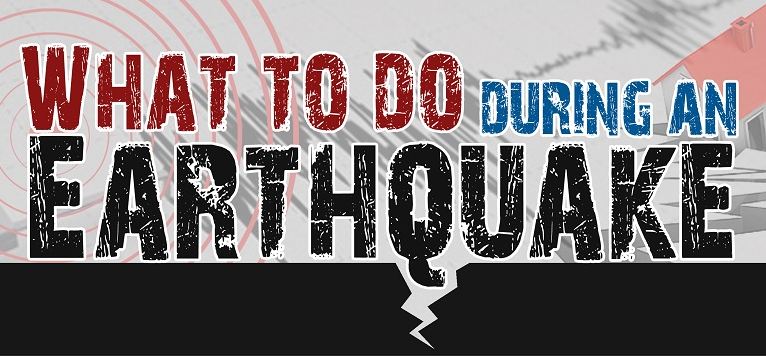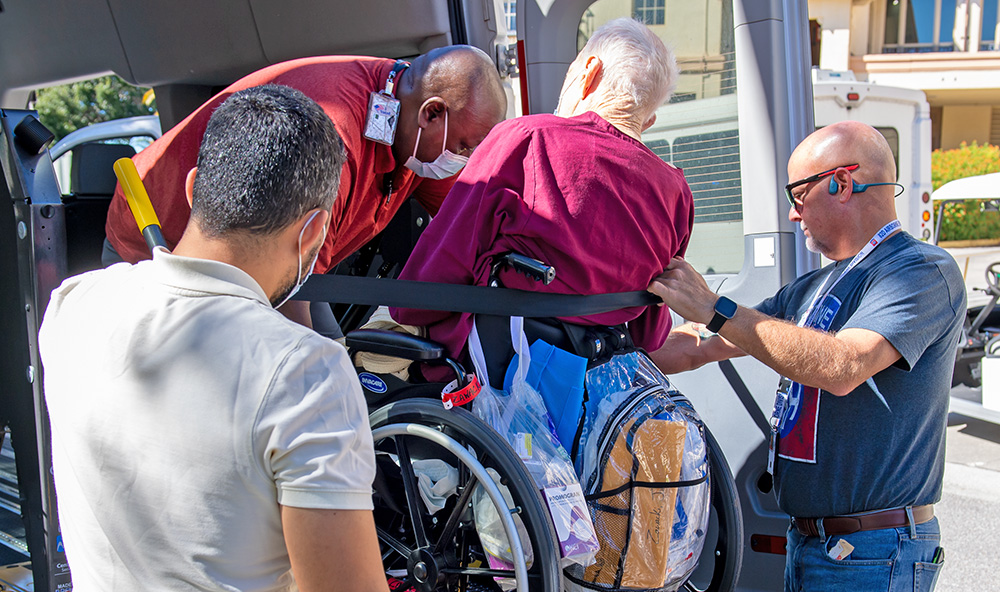VA empowers caregivers with lifesaving CPR training to strengthen Veteran care.
Each September, we raise awareness about the importance of preparing for emergencies that can happen at any time with little or no warning. September 25-30 is the last week of the annual National Preparedness Month.
VA Video Connect, My HealtheVet, and other virtual tools can help you access VA care in case of a hurricane or natural disaster.
VA’s Traveling Veteran Coordinator ensures seamless health care when you travel or relocate.
The National Oceanic and Atmospheric Administration’s (NOAA) 2022 forecast makes it the seventh straight above-average hurricane season. Are you prepared?
A four-part series on Department of Veteran Affairs Emergency Preparedness Simulation efforts through SimLEARN.
VA simulation training helps prepare staff for any and all possibilities, and, as MVAHCS recently underwent a comprehensive GSW simulation training, staff were prepared.
The American Red Cross has seen a shortfall of about 25,000 blood donations in the first two months of the summer, which makes it hard to keep hospital shelves stocked with lifesaving blood products. By making an appointment to give blood or platelets in August, donors can keep the national blood supply from falling to shortage levels.
Whether the prediction is for a mild or active hurricane season, testing preparation plans and Being Prepared, Being Ready, is prudent.
Shar-Ron Bui spent 25 years in prison, was homeless and lost his daughter. He now dedicates his life to helping other Veterans.
Earthquakes and aftershocks can happen anywhere without warning and at any time of the year. All 50 states, five U.S. territories and the District of Columbia are at some risk. The info below can help you build out your earthquake preparedness kit and plans before the next one strikes.
VA’s Sunshine Healthcare Network took quick action in response to Hurricanes Fiona and Ian including contacting more than 10,000 vulnerable Veterans.

